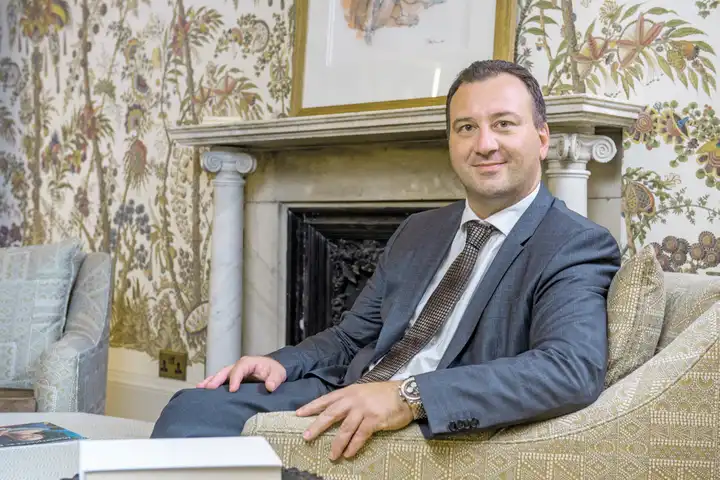Malta, along with the Netherlands and Denmark, top the list of countries that have become more financially secretive over a span of nine years, according to a study on financial transparency.
The paper, The Progress of Global Financial Transparency: Evidence from The Financial Secrecy Index 2009-2018 by Petr Jansky and Miroslav Palansky, looked into how financial secrecy evolved over time by category and across countries by combining the five Financial Secrecy Index editions from 2009 to 2018.
On the whole, the report found that financial secrecy decreased on average meaning that financial transparency improved by at least 2 to 9% between 2011 and 2018.
The report noted that a number of countries that were considered to be most secretive became less so while countries that were considered to be transparent in 2011 were “surpassed by others – most notably the Netherlands, Malta and Denmark”. In 2018, the Netherlands were “almost as secretive as the Seychelles”.
Malta recently has come under heavy international scrutiny in light of the recent events where the Prime Minister said he would step down later next month in light of the political connections of his office to the murder of journalist Daphne Caruana Galizia.
The greatest increase in secrecy scores was registered in the United Arab Emirates while the biggest decrease were for Ghana, San Marino and Uruguay over this period.
The study looked into whether financial secrecy or transparency changed since the 2008 financial crisis and whether there were any large-scale shifts over the past 10 years. Secrecy jurisdictions are countries that provide financial secrecy such as bank secrecy or anonymous ownership of companies, to individuals and firms residing elsewhere.
It noted convergence across countries where “many of the most secretive have become less so” while the opposite is true of some formerly less secretive countries and pointed out that these changes are not tied to geographical locations.
There were different types of financial secrecy provided – some such as “Switzerland or Malta focus primarily on bank secrecy” while others such as the Cook Islands or Trinidad and Tobago were more secretive in the area of “legal entity identification”.
A number of jurisdictions known for their secrecy remained – Switzerland, the Cayman Islands and Hong Kong – while others such as Luxembourg, Singapore, Jersey and Japan improved substantially.
The report said it found that the “intensity of financial secrecy decreased on average” meaning transparency improved through international standards and cooperation as “the main driver of this improvement” with bilateral treaties and automatic information exchange as the main contributor.
In fact, much of the increase in financial transparency was due to “increased international cooperation” that intensified following the global financial crisis and the release of offshore leaks such as the Panama Papers. This is partly because secrecy jurisdictions are easier to monitor once they subscribe to international cooperation instead of implementing changes on an exclusively domestic basis.












